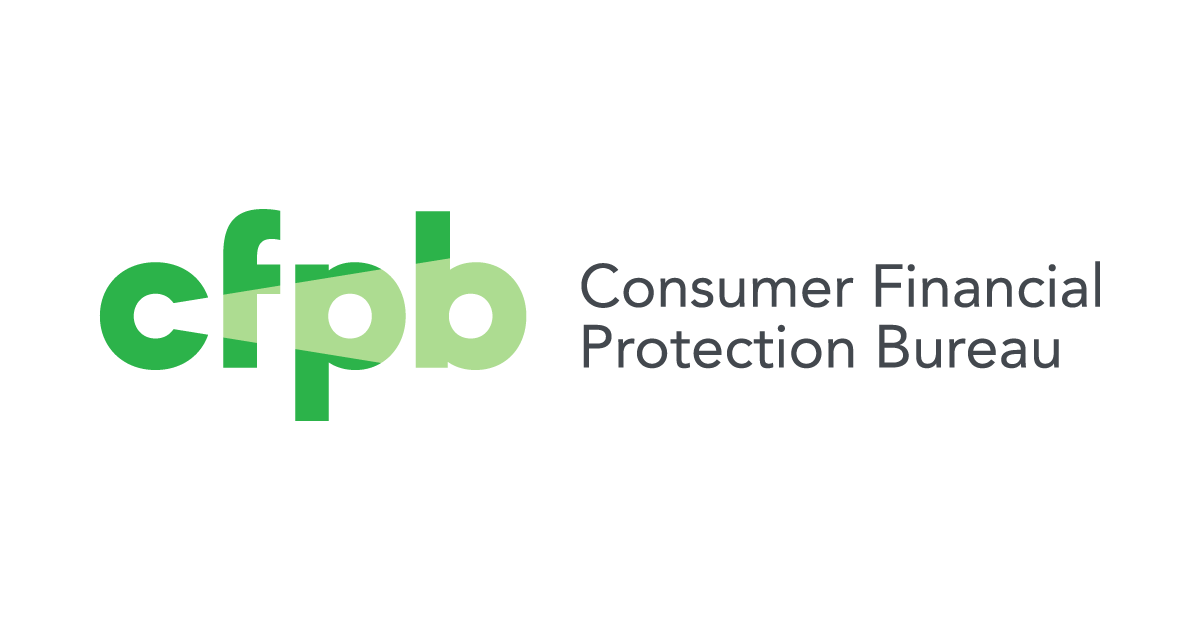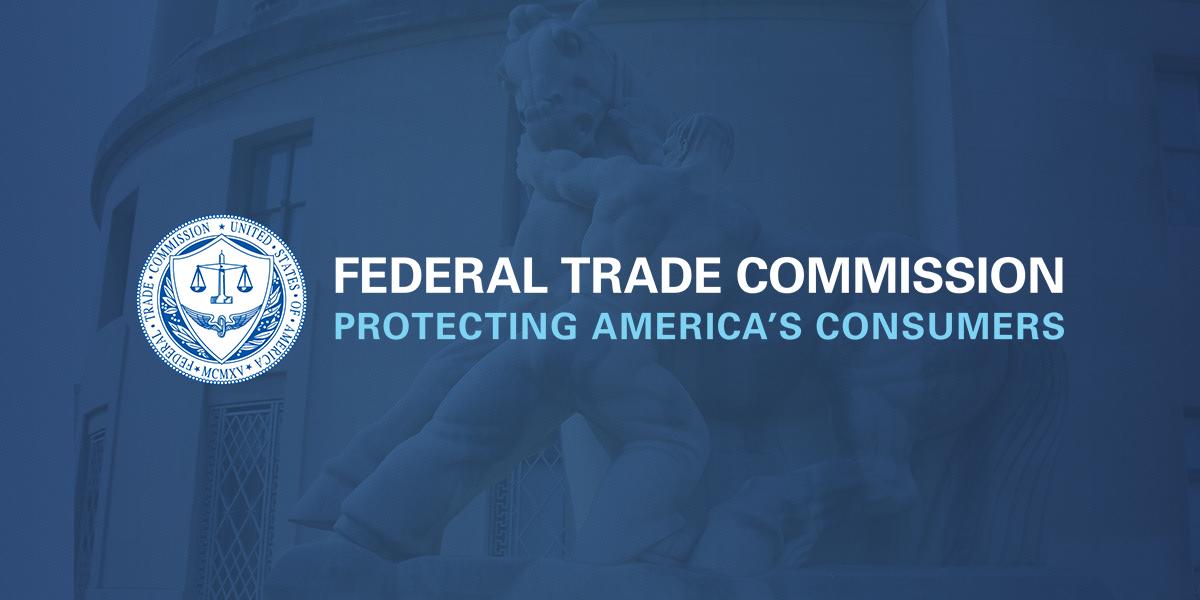WASHINGTON, D.C. – Today, the Consumer Financial Protection Bureau (CFPB) issued a policy statement that explains the legal prohibition on abusive conduct in consumer financial markets and summarizes over a decade of precedent. The CFPB leads enforcement and supervision efforts to identify and end abusive conduct against consumers. In 2010, in response to the financial crisis, Congress passed the Consumer Financial Protection Act, and created the prohibition on abusive conduct. The Act tasks the CFPB, federal banking regulators, and states with the responsibility to enforce the prohibition, and puts the CFPB in charge of administering it. The policy statement will assist consumer financial protection enforcers in identifying wrongdoing, and will help firms avoid committing abusive acts or practices.
“In response to the predatory mortgage lending practices that drove the financial crisis, Congress banned abusive conduct in consumer financial markets,” said CFPB Director Rohit Chopra. “The CFPB issued today’s guidance to provide an analytical framework to help federal and state agencies hold companies accountable when they violate the law and take advantage of families.”
The CFPB has long pursued lawbreakers for abusive conduct. Since the passage of the Consumer Financial Protection Act, the CFPB has brought 43 cases, and examiners have issued numerous citations, alleging abusive conduct. The claims have ranged from predatory student lending practices to charging consumers costly surprise overdraft fees. Today’s policy statement builds on the agency’s actions as well as summarizes for the market, in clear and simple terms, the meaning of the statutory prohibition on abusive conduct.
Policy statements provide background information about laws the CFPB administers and articulate how the CFPB will exercise its authorities, but they do not impose new legal requirements. In 1980 and 1983, respectively, the Federal Trade Commission issued policy statements on both the unfair and deceptive practices prohibitions. Similarly, today’s guidance summarizes precedent and establishes a framework to help federal and state enforcers identify when companies engage in abusive conduct.
In this policy statement, the CFPB sets forth how abusive conduct generally includes (1) obscuring important features of a product or service or (2) leveraging certain circumstances—including gaps in understanding, unequal bargaining power, or consumer reliance—to take unreasonable advantage. In particular, the statement describes how the use of dark patterns, set-up-to-fail business models like those observed before the mortgage crisis, profiteering off captive customers, and kickbacks and self-dealing can be abusive.
Read the Statement of Policy Regarding Prohibition on Abusive Acts or Practices.
The policy statement will be published in the Federal Register, and the public will have until July 3, 2023 to submit their comments.
Read Director Chopra’s remarks on the policy statement.
Watch Director Chopra’s remarks.
Consumers can submit complaints about financial products or services by visiting the CFPB’s website or by calling (855) 411-CFPB (2372).
The Consumer Financial Protection Bureau (CFPB) is a 21st century agency that helps consumer finance markets work by making rules more effective, by consistently and fairly enforcing those rules, and by empowering consumers to take more control over their economic lives. For more information, visit www.consumerfinance.gov.
Official news published at https://www.consumerfinance.gov/about-us/newsroom/cfpb-issues-guidance-to-address-abusive-conduct-in-consumer-financial-markets/
Images courtesy of PixaBay



